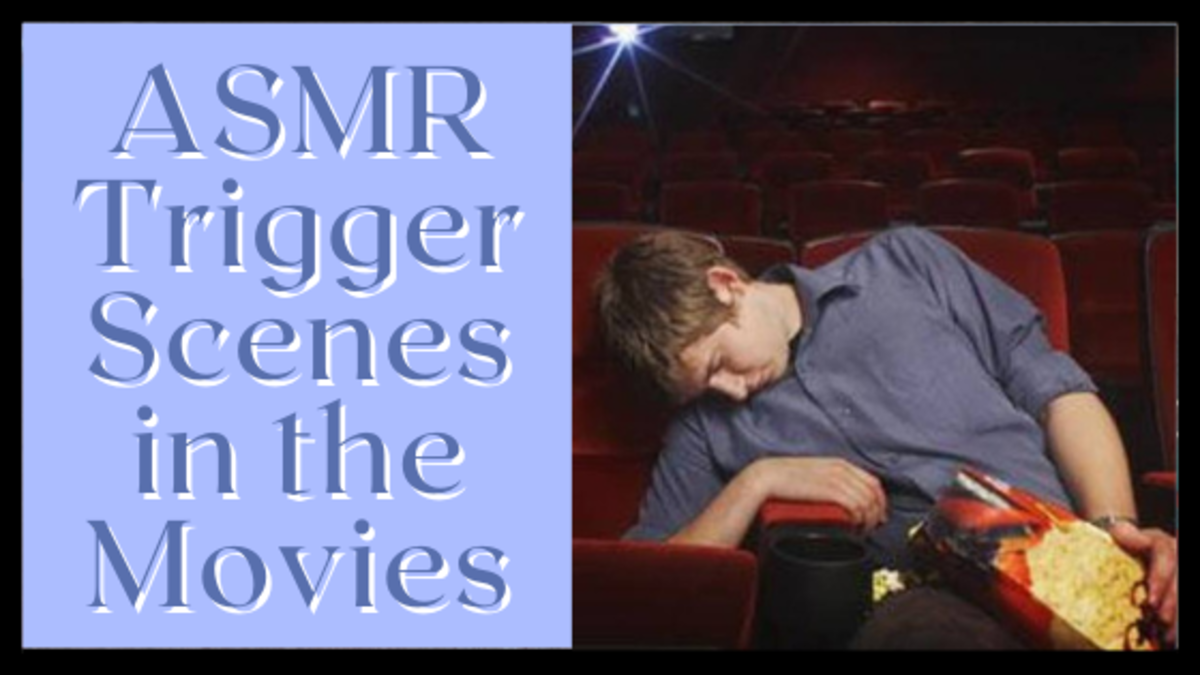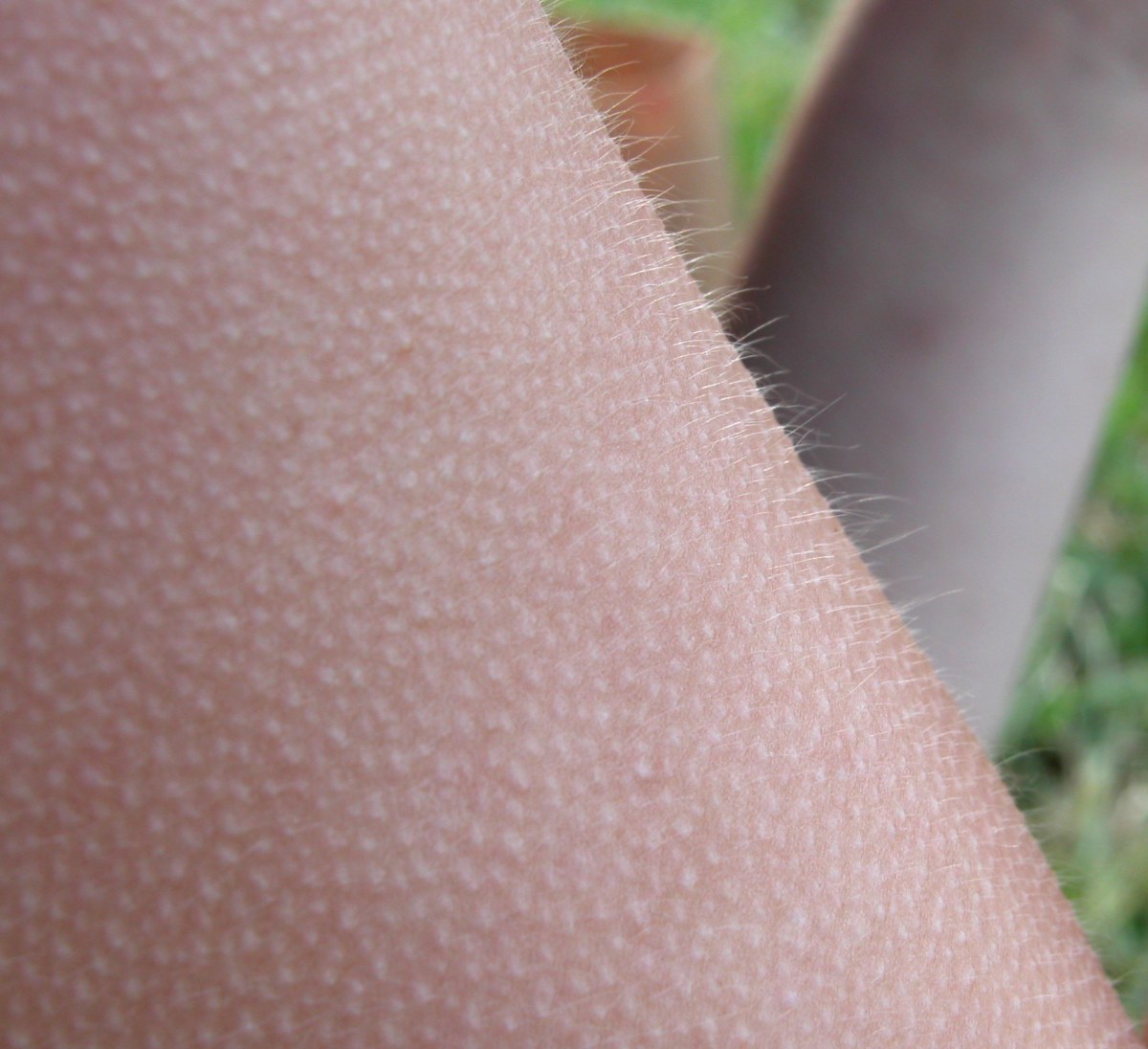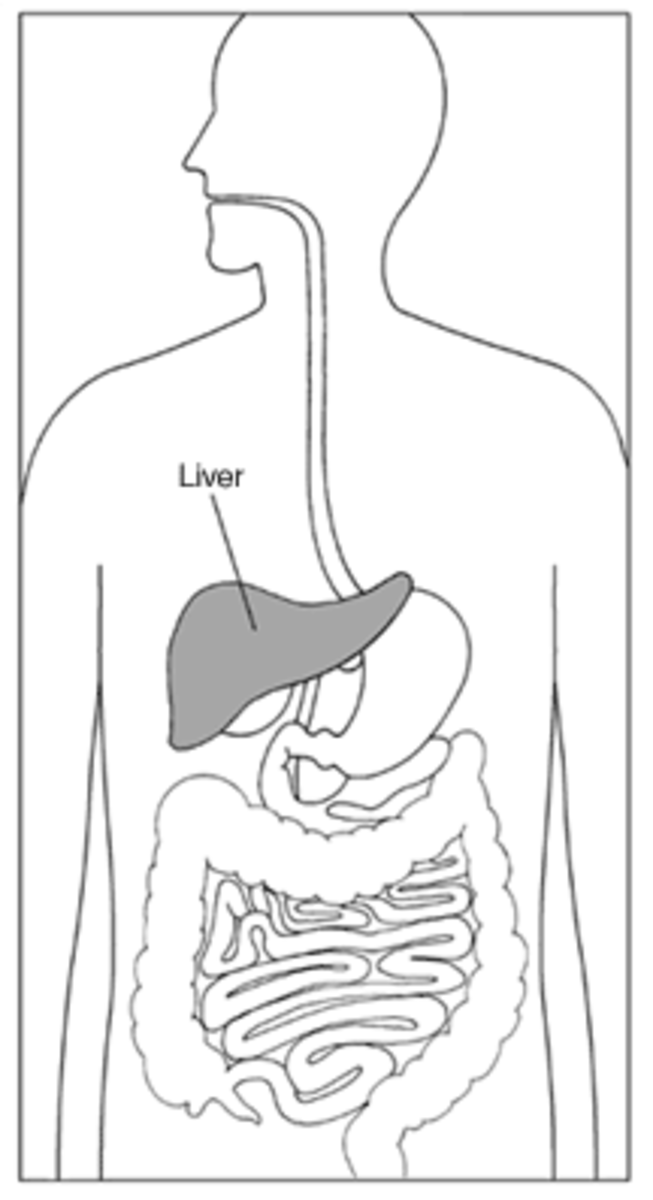ASMR: An Introduction - What is ASMR?
The Autonomous Sensory Meridian Response (ASMR) is commonly felt as tingles in the scalp. Often these tingles grow and travel into the other extremeness of the body. In addition to this pleasant tingling sensation ASMR provides an intense feeling of relaxation, calmness and satisfaction.
The ASMR reaction is usually felt in response to a particular trigger or combination of trigger. The feelings associated with ASMR are not universal, and only some people report having experienced them. Everyone who does experience them does so to different degrees, in slightly different ways and in different circumstances.
Not a great deal is known about ASMR from a scientific point of view, as very little, if any, research has been conducted on the subject manner. This is not to concluded that ASMR is not a real phenomenon however, since many people have reported similar symptoms completely independently. It is only recently that people who experience ASMR have formed a cohesive community on the internet. Many had not told anyone about these feelings before finding the online ASMR community because they couldn't explain the feeling to other people. It remains a very difficult feeling to describe to those who have not experienced it themselves. Many people who haven't experienced it disregard ASMR as imagined, and it is hard to blame them for doing so since ASMR is so enigmatic.
How do I know if I can experience ASMR?
It is always difficult to conclude absolutely that certain people cannot have the ASMR tingles, since it could be that they simply haven't discovered their personal triggers yet. If you want to see if any of the triggers commonly reported work for you, I suggest looking through some of the examples provided in this article. But even if these don't give you the tingles it doesn't necessarily mean that you are unable to experience the sensation at all, since everyone is different.
Most people who report having ASMR first experienced it in childhood. It might have been a teacher who spoke with a certain accent, or a particular television program. Normally children react in one of two was to these experiences either they; assume that everybody reacts like they do to those triggers; or assume that they are the only one that reacts this way, possibly that their brain is mis-wired or somehow faulty. If this sounds like something you can relate to, I recommend that you watch some ASMR videos online to see if they trigger the response in you.
What are the common ASMR triggers?
There are a long list of ways people can have their ASMR triggered, some people can in fact trigger their own ASMR just by thinking about it. There are some common themes which seem to come up most often in the videos posted online designed specifically to trigger ASMR. Some of these include:
-
Whispering
-
Mild accents
-
Scratching, tapping, clicking
-
Touching the hair and/or head
-
Close personal attention
-
Concentration on a task
There are countless others too. Most ASMR videos you find online will combine several of these triggers to give the best effect, but even then not every video or combination will work for you.
What is the point of ASMR?
There isn't a particular reason for ASMR, at least not that we know of yet, however there are several ways you can use the effect to your benefit. These can include:
-
To relieve tension or stress, like a guided meditation.
-
To overcome insomnia.
-
To practice mindfulness.
-
As a method for coping with anxiety, or panic attacks.
-
To assist in releasing guilt or anger.
Sites Where You Can Learn More
- The ASMR Lab
A great source of information for beginners about ASMR.








